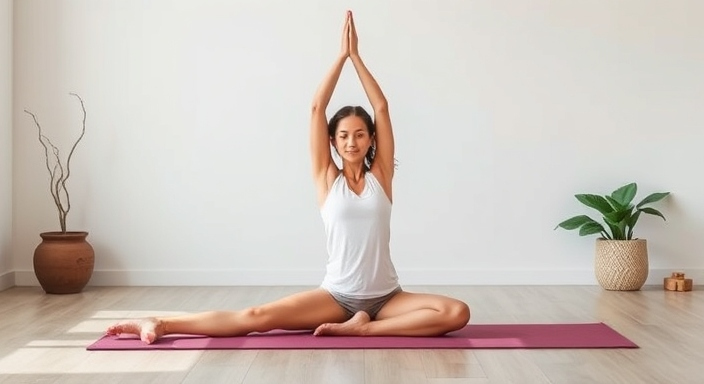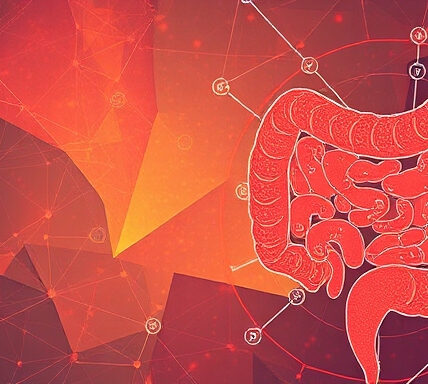In an increasingly fast-paced world, many people seek ways to cultivate balance, wellness, and inner peace. Mindful movement practices such as yoga, tai chi, and Pilates have gained popularity for their holistic approach to fitness. They focus not only on physical strength and flexibility but also on mental clarity and emotional well-being. Each of these disciplines offers unique benefits, and together, they promote a comprehensive approach to health and wellness.
Yoga: Connecting Body and Mind
Yoga is an ancient practice that originated in India and combines physical postures, breathing techniques, and meditation. One of the key benefits of yoga is its ability to enhance flexibility and strength. Practitioners stretch and strengthen their muscles through various asanas (poses), improving overall body alignment and posture.
Beyond physical benefits, yoga encourages mindfulness and relaxation. The emphasis on controlled breathing and meditation helps reduce stress and anxiety, promoting a sense of calm and focus. Studies have shown that regular yoga practice can lead to lower levels of cortisol, the stress hormone, and improve overall mental health. Additionally, yoga has been linked to better sleep quality, making it an excellent choice for those struggling with insomnia or restless nights.
Tai Chi: The Art of Slow Movement
Tai chi, often called “meditation in motion,” is a traditional Chinese martial art characterized by slow, flowing movements and deep breathing. This gentle practice is accessible to people of all ages and fitness levels. Tai chi improves balance, coordination, and flexibility, making it an excellent option for older adults at risk of falls.
One of the most significant benefits of tai chi is its impact on mental health. The practice’s meditative nature promotes mindfulness, helping individuals cultivate a greater sense of awareness and presence. Research has demonstrated that tai chi can reduce symptoms of anxiety and depression while enhancing overall emotional well-being. Moreover, regular practice can improve cognitive function, memory, and focus, making it a valuable tool for brain health.
Pilates: Core Strength and Postural Alignment
Developed by Joseph Pilates in the early 20th century, Pilates focuses on strengthening the core muscles, improving flexibility, and promoting overall body awareness. Through controlled movements and a focus on proper alignment, Pilates practitioners develop a strong foundation of strength that benefits everyday activities and athletic performance.
One of Pilates’s standout features is its emphasis on posture. Improved posture enhances physical appearance and contributes to better spinal health and reduced risk of injury. The practice can also alleviate chronic pain, particularly in the lower back, by promoting proper alignment and muscle balance.
Pilates is not just about physical benefits; it promotes mindfulness and concentration. Practitioners are encouraged to connect their movements with their breath, fostering a sense of presence and awareness extending beyond the mat. Focusing on the mind-body connection helps reduce stress and enhances overall mental clarity.
A Holistic Approach to Well-Being
While yoga, tai chi, and Pilates each have unique characteristics, they share a common goal: promoting mindful movement and holistic well-being. Integrating these practices into a weekly routine can yield numerous benefits, including improved physical fitness, mental clarity, and emotional balance.
Incorporating mindful movement into daily life can also serve as a powerful antidote to the stressors of modern living. Individuals can cultivate a greater sense of inner peace and resilience by prioritizing self-care and mindfulness through practices like yoga, tai chi, and Pilates.
Conclusion
The benefits of mindful movement extend far beyond physical fitness. Yoga, tai chi, and Pilates offer transformative practices that nurture the body, mind, and spirit. As people increasingly seek ways to enhance their well-being, these mindful movement practices provide a holistic approach to health, helping individuals cultivate balance, reduce stress, and foster a deeper connection with themselves. Whether you’re a seasoned practitioner or a beginner, embracing these mindful movements can lead to a more fulfilling and harmonious life.





